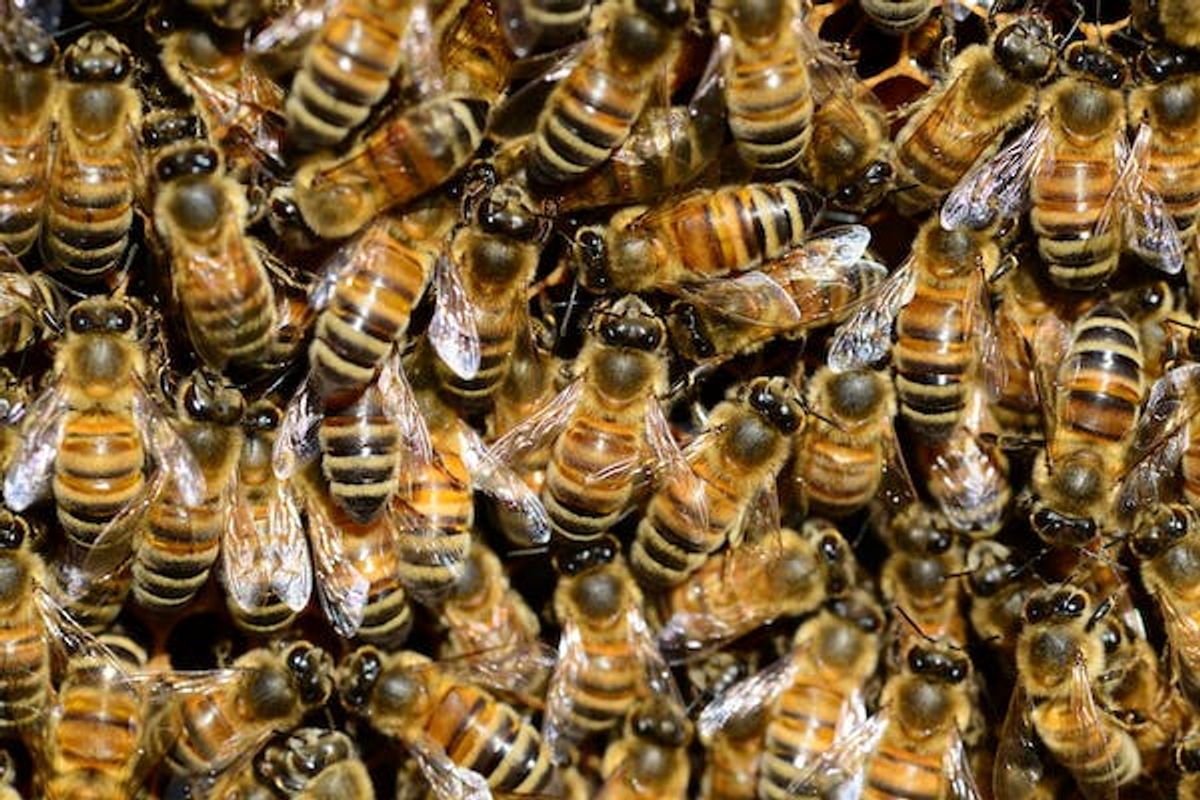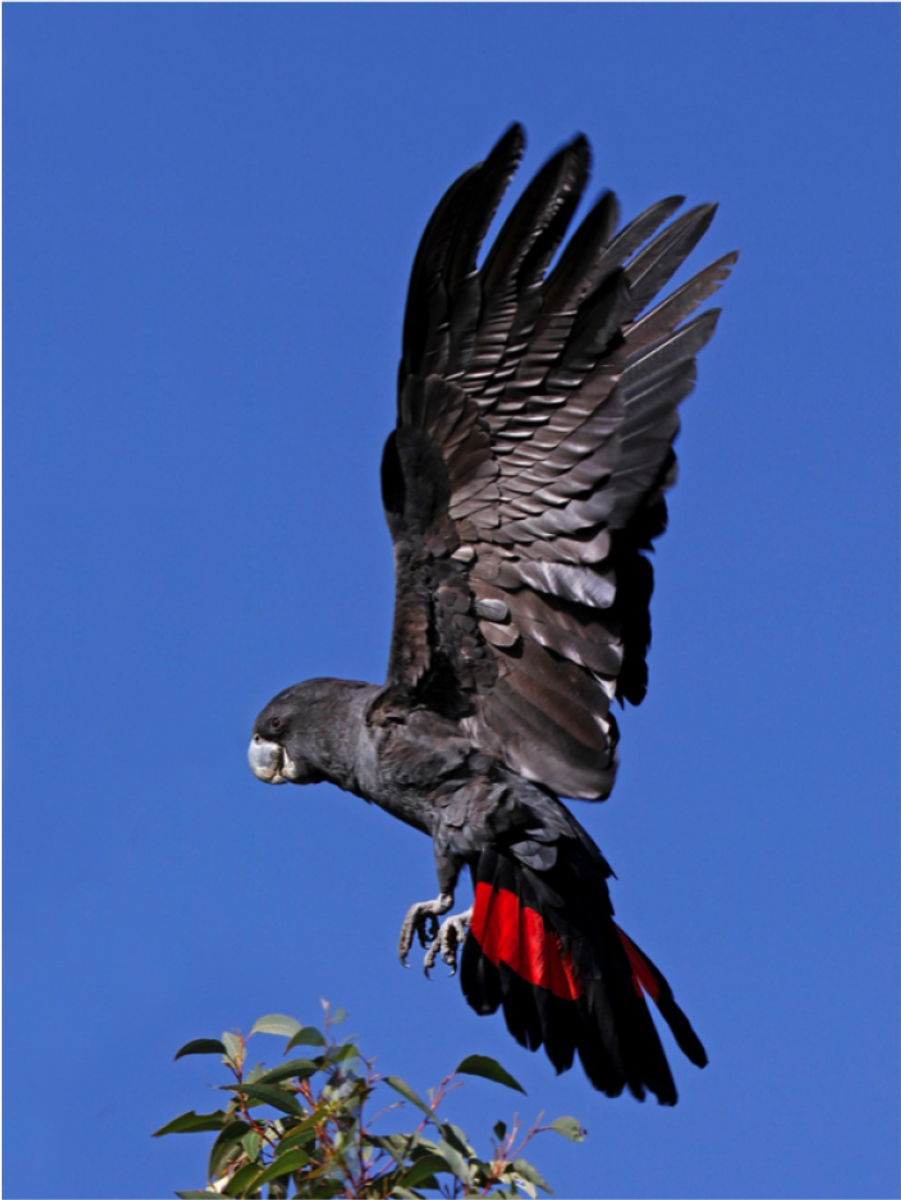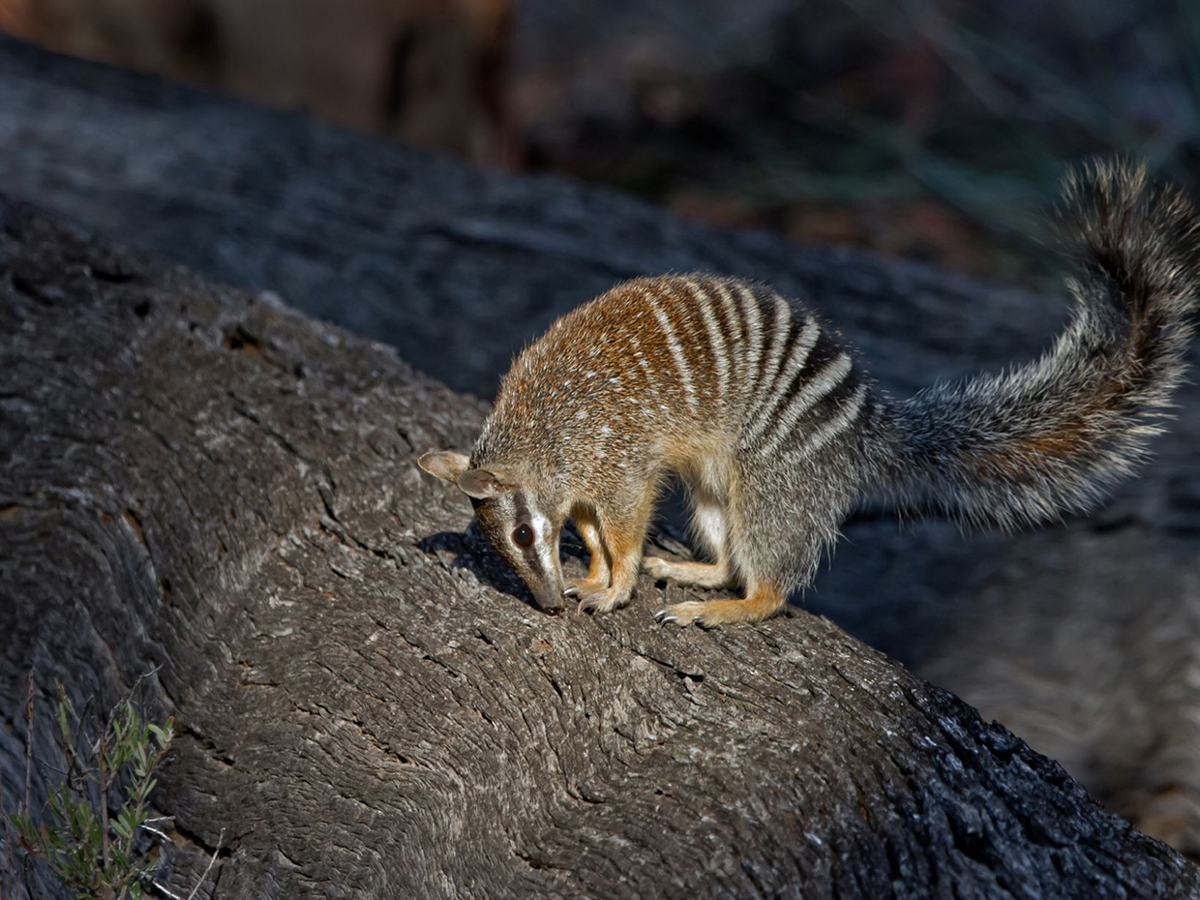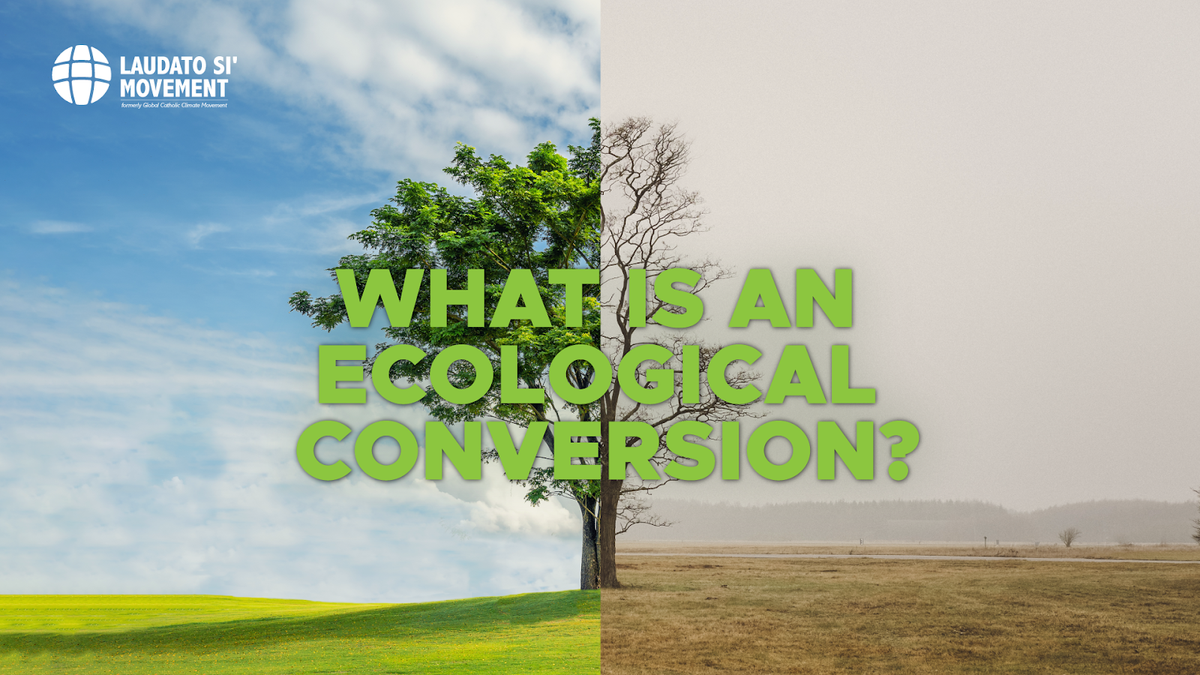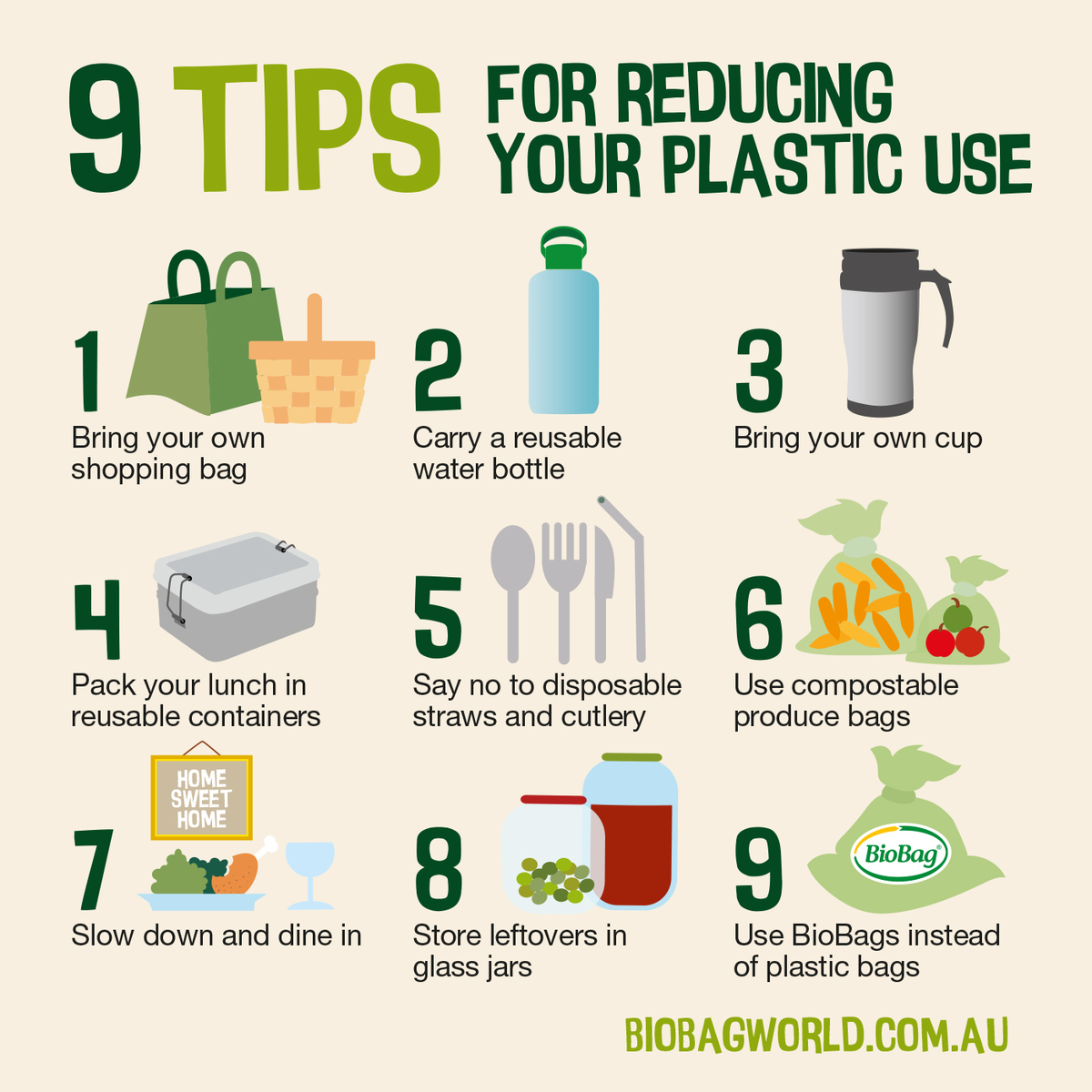Faith and Mission

World Day of Prayer 1 September to begin the Season of Creation from September 1 to October 4
The scriptures begin with God’s affirmation that all of creation is “very good,” and as the stewards of God’s creation, we are called to protect and nurture its goodness (Genesis 1:30, Genesis 1:28, Jeremiah 29:5-7). Every species, indeed all creation, is precious because it is made by God. All reflect an aspect of God. God reveals Godself through the Gift of Creation.
“How many are your works, Lord! In wisdom you made them all; the Earth is full of your creatures” (Psalm 104:24).
This is why we lament that God’s creatures are disappearing from the Earth at a rate we can scarcely comprehend. From humble insects to majestic mammals, from microscopic plankton to towering trees, plants and creatures are becoming extinct, and may never be seen again. Some Australian examples are Honey Bees, the Black Cockatoo and the Nimbat.
Source: Honey Bees (Pexel), Black Cockatoo (WA Museum) and the Nimbat (The National Conservatory, Australia)
This devastation is a tragic loss. We contemplate this loss and pray that it ends. When we reflect through Living Justice Living Peace, we are reminded of our mission to stand up for justice, and pray for justice, as the most vulnerable among us suffer most deeply as the web of life begins to unravel. Our faith calls us to respond to this crisis with the urgency born of moral clarity.
We encourage the whole Marian community and beyond, to join us in this special time to pray, reflect and take bold action to preserve creation in all its complexity and specificity.
This year in particular will bring the opportunity to lift a united voice on such occasions as the World Conservation Congress, which was held in June, the UN climate summit in September, the Catholic synod on the Amazon in October, and the UN climate change conference in November. l
What can we do to help protect the environment?
Eliminate single-use plastics.
Plastic items are deeply woven into our everyday life. Although plastics have made life-saving advances in medicine and clean energy possible, their overuse is a symptom of our culture of disposability.
Plastics confront us with the question of our commitment to creation in our day-to-day lives. Humans now produce nearly 300 million tons of plastic every year, according to the Worldwatch Institute, with much of it used only once. Many of these plastics will take decades or centuries to disappear. In the meantime, they break up into ever smaller pieces, which end up in the digestive tracts of marine animals, and they leach petrochemicals into the soil and water.
Take a plastics-free pledge to give up using one single-use plastic item for 40 days (or more!). Every single-use plastic item we save is one less thing in a landfill site, ocean or incinerator–or one less thing shipped overseas for another country to dispose of.
Single-use plastics are plastic items that are only intended to be used once, such as soft-drink bottles. The most common items include disposable cups, bottles, non-recyclable packaging, wipes and clear plastic wrapping. Finding alternatives to these plastics is easier than you might think, and it can be very satisfying to know that you are walking that little bit lighter on the Earth.
These 9 tips are a great way to start.

